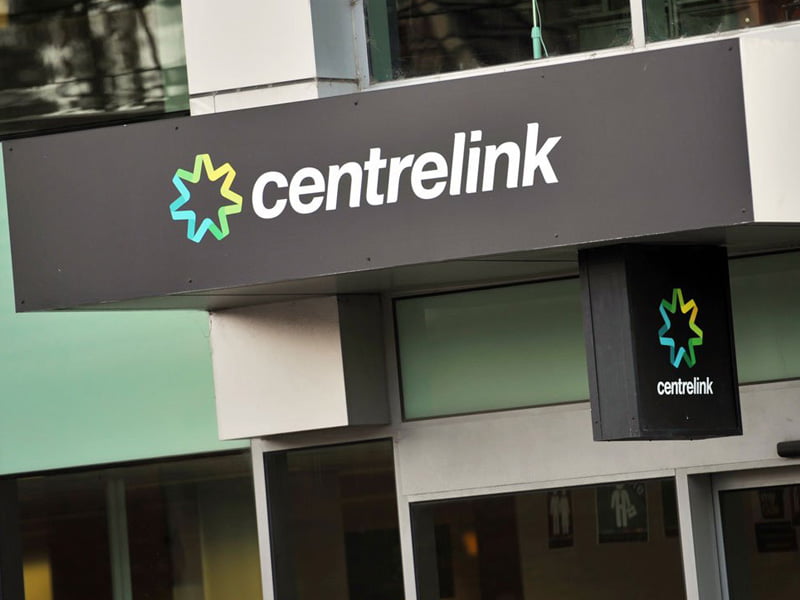The government has provided more than $500 million for the final stage of the massive overhaul of the IT system underpinning Australia’s welfare payments, which is now set to be at least two years delayed, as part of the federal budget.
The budget, unveiled on Tuesday night by Treasurer Josh Frydenberg, also included new funding for the Commonwealth Ombudsman to oversee the controversial encryption powers and more spending on the ongoing update of myGov.
Nearly $540 million has been provided for the fourth and final tranche of the Welfare Payment Infrastructure Transformation Programme (WPIT) over four years from 2020-21. This means the WPIT project will run until at least 2025 despite initial plans to have it finished by 2022.

The new funding will go towards improving the delivery of payments, including to older Australians and families, through the implementation of automated claims, assessment and payment processes.
WPIT received $316.2 million in funding in 2018 for the third tranche, and $313.5 million in 2016 for stage two. Just over $60 million went towards the initial phase of the project.
It comes just weeks after an ANAO audit found the WPIT scheme was unlikely to achieve its key goal of replacing the existing agency payments system by 2022, and Services Australia had not adequately managed cybersecurity risks and does not have a plan in place to migrate data across to the new system.
Services Australia has also been provided with $22.5 million over two years to keep the existing myGov platform running and towards the ongoing project to update it with a new myGov beta.
This project is being run by the Digital Transformation and has been contracted out to consulting giant Deloitte, which was paid nearly $30 million for the first phase of the project. The DTA is yet to select a “systems integrator” to work on the crucial next phase of the program.
A new version of the myGov beta was launched last week.
The budget also provided further detail on how the extra $250 million in funding for the government’s digital identity program, announced last month, will be spent.
This money will go towards the completion of biometric verification and the integration of myGovID with myGov, two initiatives that had previously been promised to have been delivered in the last financial year.
The funding will also go towards the onboarding of additional services to “support businesses and individuals to access more Commonwealth government services online”, and for trials of the use of digital identity with states and to develop legislation to expand the program to other levels of government and the private sector.
In other new budget spending, the Commonwealth Ombudsman will receive an extra $1.6 million in 2020-21 to help it oversee the Assistance and Access Act, which hands new powers to law enforcement to compel tech companies to provide access to encrypted data.
The Ombudsman had been pushing for more funding, but to help it properly scrutinised a planned new data-sharing deal with the US rather than the encryption powers.
The government will also be establishing a Critical Technologies Policy Coordination Office in Prime Minister & Cabinet with $15.6 million over four years as part of an effort to “enhance the government’s capability to identify, assess and address national security related issues for critical technologies”.
Nearly $100 million will be spent over three years to kick off the modernisation of the Australian Electoral Commission’s ICT systems and infrastructure, and $86 million over four years will go towards a new IT platform for the country’s Foreign Investment Framework.
The Office of the eSafety Commissioner has landed nearly $40 million over three years to deal with the “sustained increase in demand for its existing programs and fulfil additional functions and responsibilities”, such as overseeing a new adult cyber abuse takedown scheme, the government said.
The government will introduce changes to the Business Innovation and Investment Program (BIIP) from July next year, including increasing visa application charges by 11.3 percent to “sharpen the focus of the BIIP program on higher value investors, business owners and entrepreneurs”.
For a deep dive into this year’s federal budget with the InnovationAus team and special guests, register now for InnovationAus’ Budget Insider 2020 webinar today Wednesday October 8th at 17:30. Registrations close at 15:00.
Do you know more? Contact James Riley via Email.

